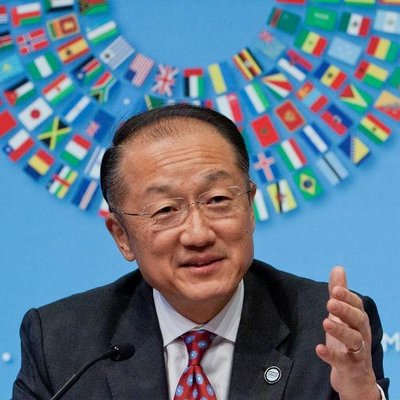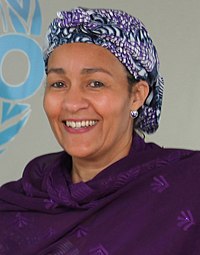WeekendSalvo@NaijaAgroNet: ... Linking agrobiz, sustainable environs, people & technology
On a scorching afternoon in Baga, a fishing town once famed for its bustling market, the shoreline is eerily quiet. Nets lie abandoned, boats rot in the sand, and where there was once a thriving expanse of water teeming with fish, dry earth now stretches, cracked and thirsty.WeekendSalvo@NaijaAgroNet by REMMY NWEKE explores Lake Chad’s retreat, exposing broken UN promises, shattered livelihoods, and insecurity. Despite billions pledged, hunger and displacement persist, demanding urgent grassroots-driven action to transform climate despair into resilience and hope.
















